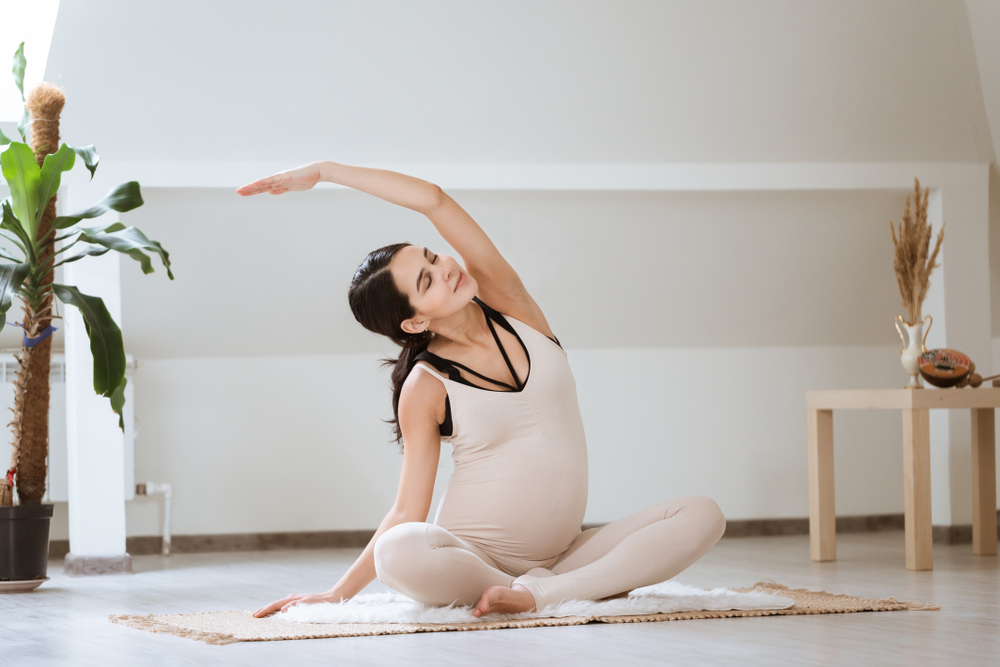Pregnancy is a beautiful and transformative time, but it also brings unique physical challenges. Many expectant mothers look for gentle yet effective ways to stay active, ease discomfort, and prepare their bodies for childbirth. Pilates is one exercise that has gained significant popularity among pregnant women—and for good reason. Let’s explore the impact of Pilates on pregnancy and how it can benefit both you and your baby.
Understanding Pilates and Its Pregnancy Adaptations
Pilates is a low-impact form of exercise focused on core strength, flexibility, balance, and alignment. It emphasizes controlled movements and mindful breathing, making it a safe and adaptable choice during pregnancy.
Prenatal Pilates routines are specifically modified to accommodate the changes in a pregnant body. This means avoiding exercises that involve lying flat on your back or putting undue pressure on the abdominal muscles as your pregnancy progresses.
Benefits of Pilates During Pregnancy
- Strengthens Core Muscles
Pregnancy places additional strain on the core, and a strong core is essential for supporting your growing baby. Pilates strengthens the deep abdominal muscles, lower back, and pelvic floor, helping to reduce common pregnancy discomforts like back pain and pelvic pressure. - Supports Pelvic Floor Health
The pelvic floor muscles play a critical role during pregnancy and childbirth. Pilates exercises that focus on pelvic floor engagement can enhance these muscles’ strength and flexibility, improving bladder control and aiding in postpartum recovery. - Improves Posture and Reduces Aches
As your center of gravity shifts, it’s common to experience poor posture and aches in areas like the neck, shoulders, and lower back. Pilates promotes alignment and balance, helping to alleviate these discomforts while teaching you to maintain good posture. - Increases Flexibility and Mobility
Gentle stretching and mobility exercises in Pilates help keep your muscles limber, reduce stiffness, and prepare your body for the physical demands of labor. - Enhances Breathing Techniques
Controlled breathing is a fundamental part of Pilates. Practicing deep and mindful breaths can help you stay calm during pregnancy and even assist in managing pain and stress during labor. - Boosts Circulation and Energy Levels
The controlled movements and stretches in Pilates stimulate blood flow, helping to reduce swelling in the legs and feet and combat pregnancy fatigue.
Is Pilates Safe for All Pregnant Women?
While Pilates is generally safe and beneficial during pregnancy, it’s important to follow some guidelines to ensure you’re exercising safely:
- Get the Green Light from Your Doctor: Always consult your healthcare provider before starting any new exercise routine, especially if you have conditions like placenta previa or a history of preterm labor.
- Work with a Certified Prenatal Instructor: Choose an instructor who is experienced in prenatal Pilates to ensure the exercises are appropriate for your trimester and physical needs.
- Listen to Your Body: Avoid exercises that feel uncomfortable or cause strain. Rest when needed, and never push yourself beyond your comfort zone.
- Avoid Lying Flat on Your Back: After the first trimester, avoid exercises that involve lying on your back for extended periods, as this can compress the vena cava and reduce blood flow.
Emotional and Mental Benefits of Pilates During Pregnancy
Pilates is not just about the physical—it’s also a wonderful tool for emotional and mental well-being during pregnancy. The mindful movements and focus on breathing can help you feel more connected to your body and baby. Many women find that Pilates offers a calming and centering experience, reducing anxiety and promoting a positive outlook.
Additionally, attending prenatal Pilates classes can provide a sense of community. Sharing the journey with other expectant mothers fosters connections and emotional support.
Tips for Practicing Pilates While Pregnant
- Hydrate Well: Always drink plenty of water before, during, and after your sessions.
- Dress Comfortably: Choose stretchy, breathable clothing that allows for ease of movement.
- Take It Slow: Pregnancy is not the time to push for intense workouts. Instead, focus on gentle, controlled movements.
- Focus on Form: Proper alignment is crucial in Pilates. Use mirrors or ask your instructor to ensure you’re performing exercises correctly.
How We Can Help
At Tourmaline Collective, we understand how important it is to feel strong, confident, and cared for during pregnancy. Our expert-led prenatal Pilates sessions are designed to support you every step of the way. We tailor each class to your needs, ensuring that you experience the physical, emotional, and mental benefits of Pilates in a safe and nurturing environment.
Whether you’re seeking relief from back pain, preparing for childbirth, or simply wanting to stay active, we’re here to guide you. Our holistic approach combines movement, mindfulness, and care to empower you through your pregnancy journey.






